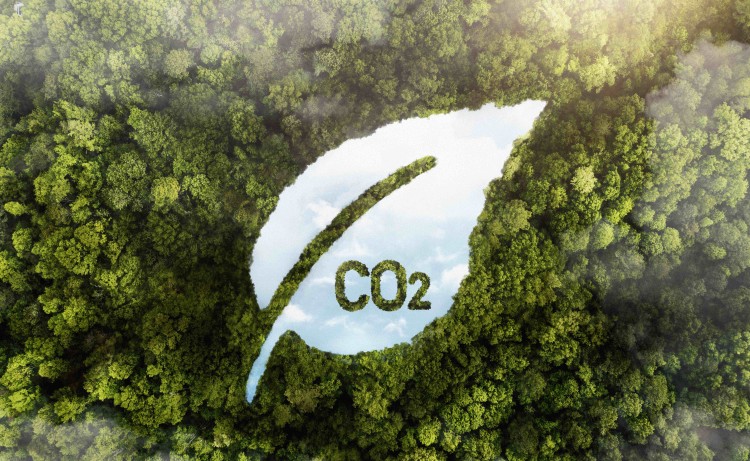What does the Carbon Disclosure Project Do?

If the devastation of the Canadian wildfire season wasn’t enough of an indicator already, the environment and strange weather we are all experiencing are only going to get worse year after year. Time and time again, whenever these disasters strike, we know the real cause behind them.
Anthropogenic climate change.
While the general public makes a significant impact, it’s companies (and sometimes governments) themselves that continue to perpetuate this problem. Whether it’s cutting down more forests for their products, having unsustainable business practices, or recklessly emitting more and more carbon emissions, there doesn’t seem to be an end in sight.
Fortunately, there is some change being made with regards to regulations and reporting standards pertaining to the environment, but those will take time to fully implement across the world. In the meantime, there are efforts coming from the Carbon Disclosure Project (CDP), which is designed to help with the transition in its own way.
What Does The CDP Do?
Specifically, the CDP is a global non-profit organisation that has taken up the task of encouraging companies and governments alike to disclose environmental impacts. They place more emphasis on areas like carbon emissions, climate change, and anything that is connected to companies and governments contributing to those things.
The CDP gathers up that data, starts to analyse it and then provides this information to investors, other companies, policymakers, and the public. They do this because another goal is to ensure transparency and accountability for governments as well as companies.
But beyond this function, they have core activities that they perform.
Featured: What is the ESG movement all about?
Data Collection And Reporting
As mentioned above, they collect data and report it to the public. But specifically, the data they are after are things like greenhouse gas emissions, water usage, and other environmental metrics. How they collect this data is through surveys and questionnaires, which are entirely voluntary. They send these out to thousands of organisations across the world.
These questions include those metric disclosures as well as company risks and company strategies to address those risks.
Related: Why Your Business Needs ESG Reporting Software
Analysis and Rankings
Similar to ESG grading systems, the CDP compiles this information and analyses it before issuing a particular rank. With all the information fully available to the public as well as investors and other companies, this information can help in a wide array of decisions.
Similar to ESG’s grading system, this can provide crucial information that investors can use to determine whether to invest in companies or withdraw from the company. It can also allow companies to reflect on their own climate change action plan and make adjustments to current strategies.
Featured: The Anti-ESG Movement Explained
Engagement and Influence
Beyond those obvious roles, the information they provide can be used as a foundation for a variety of actions that the public, governments, companies, and investors can partake in. To start, it can prompt engagement and influence among parties involved - such as policymakers enacting policies that can shape corporations business practices.
Influence is also given to people who can make decisions in pressuring corporations to be more environmentally friendly or encourage governments to address particular environmental problems. All in all, the CDP is facilitating positive change and interaction with others when it comes to the environment.
Disclosure Platforms
Sites like Sustainalytics and others provide specific grading systems to companies. They gather and base their grades on a number of different things and the CDP reports can certainly be one of those factors.
Related: Companies Must Make ESG Reporting a Valuable Tool for Organisational Change
Partnerships and Collaboration
That much is clear from the surveys, but the CDP does have partnerships and other collaborative efforts beyond that. Their partners include the UK Space Agency as well as the European Space Agency, among others. On top of having thousands of clients, the CDP also works with various initiatives that amplify impact and global efforts in addressing climate change.
Read: Australia to Begin Mandatory Climate Reporting in 2024
The CDP Has Many Roles
While the CDP’s role is to promote transparency and accountability first and foremost, it does so through a variety of methods. By collaborating and working closely with many people, they can provide good reports as well as provide pointers and room for improvement. By making these reports public, it allows the public and investors to hold those with power and make key decisions responsible for their actions.
Ultimately, their role is to foster dialogue between the many parties involved. And despite their work being entirely voluntary, they have built up so much credibility by them being a trusted source by so many.
Follow our Regulators page for more news on reporting, legislation, and the big stories shaping ESG.

